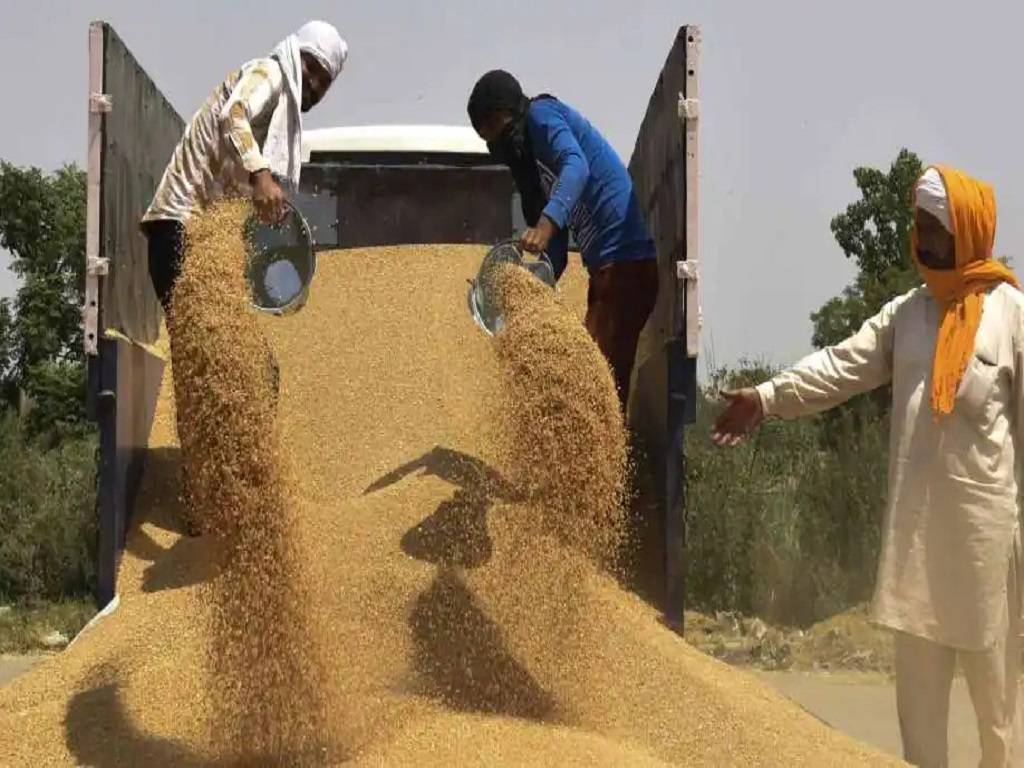
The NITI Aayog warned on Thursday that a rise in wheat prices in India is inescapable when international prices of the commodity rise because the Indian economy cannot be shielded from global events.
"Over a year, the price (international price) has risen by 30-40 percent, whereas in India, the rise in wheat prices is just 6-7 percent. Even if the wheat output had been 111 million tonnes, wheat prices in the country would have risen significantly. After all, there is a link between international and domestic prices, right? Stated Ramesh Chand, Member, NITI Aayog.
As part of the government's efforts to curb soaring local prices and as a heatwave sweeps the country, India prohibited wheat exports with immediate effect earlier this month.
The administration said on Wednesday that India's move to limit wheat exports will have little influence on global wheat supplies because the country has a negligible — less than 1% — share among wheat exporting nations.
According to Ashok Gulati of the Indian Council for Research on International Economic Relations (ICRIER), the government should allow farmers to profit from higher pricing.
"Prices on the international market are rising, Why does the government not want farmers to take advantage of a better price if they are getting a better price?" Gulati enquired.
"If the government wants to fill its godowns and coffers, it should offer the farmer an even better price. Declare a bonus of Rs 300 per quintal, and wheat will begin to arrive in your kitty "He went on to say. Many farmers, according to Gulati, are keeping stock in the hope of a higher price.
















